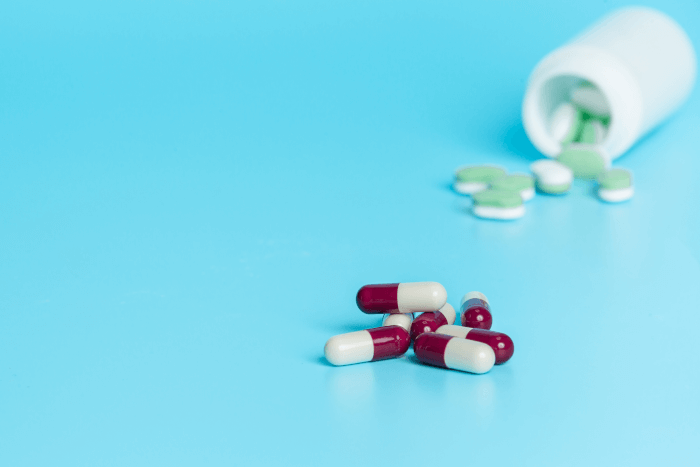
We rely on antibiotics to destroy bacteria or inhibit their growth in order to fight infection. But what happens when certain bacteria become resistant to antibiotics? This is the case at present and if we do not act now, we could see a dramatic increase in the number of deaths due to infection.
At present the world sees a shocking 700,000 people die every year due to antibiotic resistance. The increase in use of antibiotics around the world is causing bacteria to mutate and become resistant to drugs. Overuse and misuse allow bacteria to know how to get around the ways in which antibiotics work. Antibiotics interfere with the processes that bacteria need to grow and survive. The medicine may, for instance; starve the bacteria of sustenance, however, when we overuse antibiotics bacteria begin to change structure, characteristics or part of themselves that antibiotics target in order to survive; therefor becoming resistant to that particular medication. This development of resistance is then passed down on to the bacteria’s offspring meaning this specific strain of bacteria becomes very difficult to battle.
Antibiotics are no longer routinely used to treat;
Health organisations around the world are trying to reduce the reduce the use of antibiotics to help battle antibiotic resistance. The aim is to improve the effectiveness of antibiotics and not over prescribe bacteria fighting medicine in order to battle infectious diseases.
Most infectious diseases are cause by a virus which can not be treated with antibiotics as this is not bacteria. Antibiotics prescribed without bacterial infection are not effective and are wasted.
Antibiotics do not in fact speed up healing processes as they often lead to side effects making patients feel unwell. Antibiotic side effects can include;
The final reason a patient may be denied antibiotics is due to unnecessary, trivial use. The more we use antibiotics the more likely they are to become ineffective for treating more serious, life threatening conditions. Minimising use of antibiotics will increase future chance of a healthier population worldwide.
Antibiotics are used to treat and, in some cases, prevent infections caused by bacteria. Viral infections are in now way affected by antibiotics and will not be prescribed to treat any viral illness. You will only be prescribed antibiotics if;
Antibiotics can help;
Viruses are organisms that exist everywhere on Earth, they infect animals, plants, fungi and even bacteria. Viral infections can range from having no symptoms at all to being potentially fatal. Each individual reacts different to each virus and they vary in complexity. We do not have a cure for viruses; however, a vaccination can prevent them from spreading. We can prevent the spread of;
Often when a host has been infected with a certain virus the viral infection will then be inactive after initial infection. Triggers such as stress, sunlight or low immunity may then bring on the effects of the virus. This happens with viruses such as;
Common viruses include;
Although antibiotic will not treat a viral infection there are measures you can take in order to improve your health and battle the side-effects of common viruses. You may not be able to treat a virus but you can treat symptoms;
Stay fit and well this Winter and see a doctor without the wait with alldayDr. Prevent infection and the spread of viruses with the help of a qualified, GMC registered GP; at the click of a button.